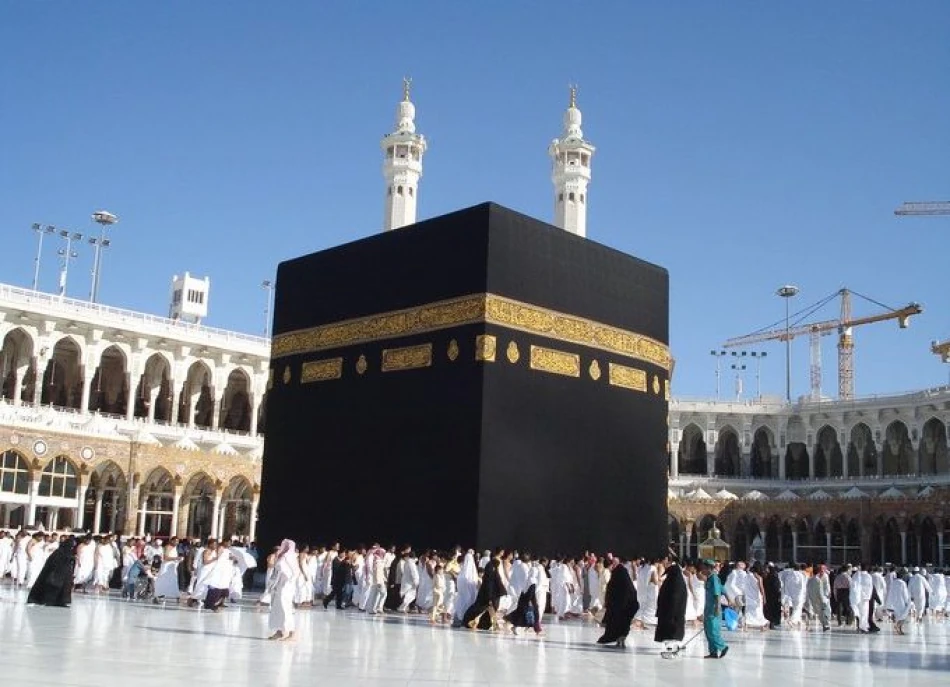
Tragic Loss: Local Man Passes Away Performing Umrah, Mourning Son's Recent Road Accident Death
Emirati Father Dies in Mecca After Performing Umrah for His Deceased Son
An Emirati citizen has passed away in Mecca after completing the sacred pilgrimage of Umrah on behalf of his son, who had died just days earlier in an accident. The tragic sequence of events has touched hearts across the UAE and the broader Muslim community, highlighting the profound spiritual bonds between parents and children in Islamic tradition.
A Journey of Love and Loss
Abdulmajeed Abdulrahman Said Al Mulla traveled to Saudi Arabia to perform Umrah—the lesser pilgrimage to Islam's holiest sites—as a spiritual offering for his son who had recently died in an accident. In Islamic belief, performing pilgrimage on behalf of deceased family members is considered an act of profound devotion that can benefit the souls of the departed.
After completing the sacred rituals, Al Mulla passed away in the holy city, creating a poignant narrative that has resonated deeply within Emirati society and beyond.
Final Rest in Sacred Ground
Al Mulla will be honored with funeral prayers at the Grand Mosque in Mecca, Islam's most sacred site, before being laid to rest in Al-Mualla Cemetery. This historic cemetery in Mecca holds special significance for Muslims worldwide, as it houses the graves of many of Prophet Muhammad's family members and companions.
The Significance of Al-Mualla Cemetery
Being buried in Al-Mualla Cemetery is considered a tremendous honor in Islamic tradition. The cemetery, located in the heart of Mecca, has been the final resting place for pilgrims and notable Islamic figures for over 1,400 years. For the Al Mulla family, this provides a measure of spiritual comfort during their time of double grief.
Cultural and Spiritual Context
The practice of performing Umrah or Hajj on behalf of deceased relatives is deeply rooted in Islamic jurisprudence and reflects the strong family bonds that characterize Emirati and broader Arab culture. Many Muslims believe that such acts of worship can provide spiritual benefits to those who have passed away, making Al Mulla's final journey both a personal sacrifice and an expression of paternal love.
This story exemplifies the central role that pilgrimage plays in Muslim life, where the journey to Mecca often represents the culmination of spiritual devotion and family obligation. For Emiratis, who have historically maintained strong ties to Islamic traditions despite rapid modernization, such acts of faith continue to hold profound meaning.
A Community in Mourning
The loss has struck a chord throughout the UAE, where tight-knit communities often share in both celebrations and sorrows. The narrative of a father's ultimate sacrifice—traveling to perform sacred rites for his son only to join him in death—carries powerful emotional and spiritual weight in a society where family honor and religious duty remain paramount values.
Most Viewed News

 Sara Khaled
Sara Khaled






